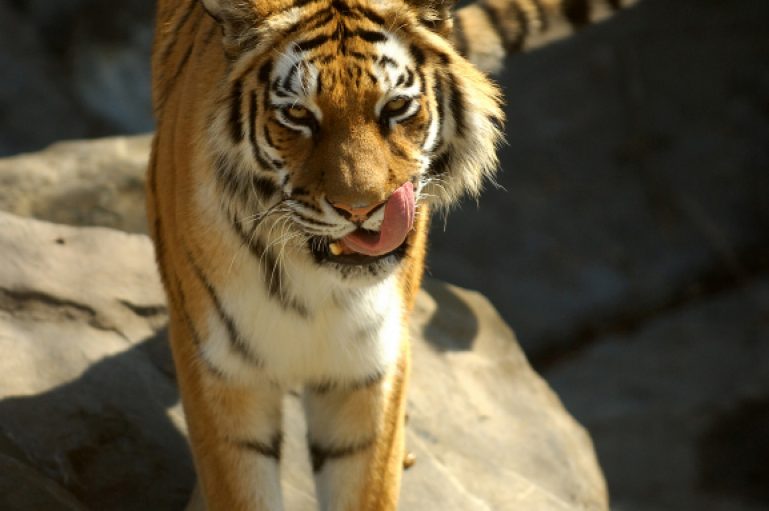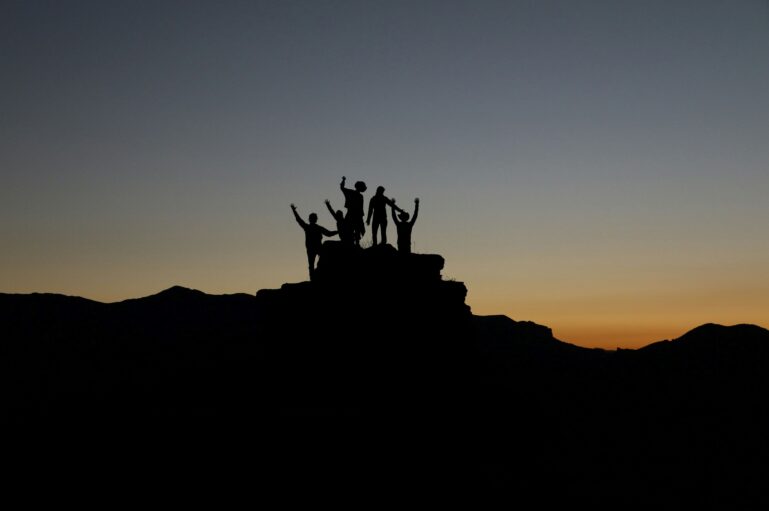Colin Hall, friend and former colleague, was born during the Second World War into a reasonably affluent white South African family. His schooling during those Apartheid years meant that he got the best education, but with it, also heavy doses of superiority and competition. He soon discovered that life was his for the grasping and qualifying as a lawyer, joined South African Breweries (now SAB Miller). He relentlessly climbed the corporate ladder on the basis of win-lose and in the twenty years with the breweries, he rose from a night-shift brewer to the chief executive of the group, in charge of all its liquor interests and hotels. As he noted: “I felt good about that, partly because I chose not to feel bad about what it had cost other people. If I could describe the experience in another way, I was really qualifying for a Ph.D. in power – in raw, naked, ruthless power. It was power not only in the market and over competitors, but power over the guy in the office suite along the hall, and power over my subordinates. And it was a heady experience, as power is”.
All this was turned on its head one night after work, however, when he played a game of Monopoly against his nine-year-old son, Steven. Colin thrashed him in the game – really crushed him. With tears in his eyes, Steven looked up and said: “Dad, isn’t it a game?” Colin was devastated, feeling absolutely sick about his behaviour. He realised that the power game was destroying his precious relationships. During this critical point of realisation, a mentor gave him a picture of a sleeping tiger with just one eye open and said to him: “Never forget that in every human lies the power of a tiger, but it is about 99% asleep. The great tasks of life are about giving that little tail a twist to see what vigour, what vibrancy, what energy, what excitement and what real magic come out of a tiger”. Colin suddenly realised that he had spent his whole life killing tigers, emasculating tigers, knocking the feet from under tigers and making them feel bad about themselves. Instead of watching people develop and grow, he was getting satisfaction out of watching people fail, while he succeeded.
After spending some years consulting, humbled and changed, he was appointed as the CEO of the Wooltru Group and immediately resolved to be a different kind of leader – he had to give up power and start twisting the tail of the tiger. He started teaching the 30 000 employees to find their worth, to discover and draw out their uniqueness, energy and genius, taking two and a half days off work every month to do so. This empowerment process worked and the share earnings ratio climbed to be the highest in the South African retail sector.
It was Walter Wriston who noted: “The person who figures out how to harness the collective genius of the people in his or her organisation is going to blow the competition away”. Empowerment sets people free to be their very best, to be creative and to co-operate and collaborate together. It helps one value the differences in others and recognises that harnessing these differences produces new skill sets and more synergistic solutions. Empowerment is where the real power lies.
Colin and Steven direct their company “Learning to Lead” in South Africa.










